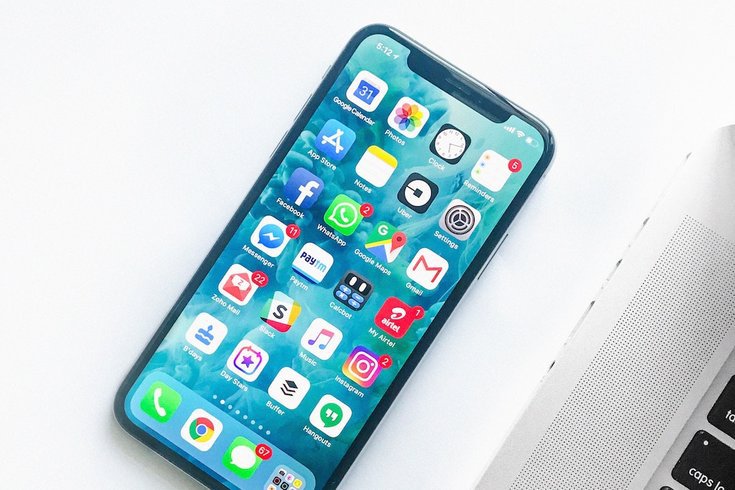
May 21, 2020
 RAHUL CHAKRABORTY/UNSPLASH
RAHUL CHAKRABORTY/UNSPLASH
New Jersey residents are advised to be on the lookout for scammers who claim to be COVID-19 contact tracers. Suspicious text messages documented across the state seek to steal personal information, officials said.
The New Jersey Department of Homeland Security and Preparedness is warning residents about a COVID-19 contact tracing scam that seeks to steal personal information amid the ongoing health crisis.
Scammers have been sending text messages that claim they are from local health departments and are notifying residents that they have come in contact with someone who tested positive for the coronavirus, officials said.
UPDATE: Scammers pretending to be #COVID19 contact tracers working for local public health departments are attempting to steal private information via a text message phishing scheme. @GovMurphy @NJGov @Jared_Maples @NJDeptofHealth @ReadyNJ #COVID #coronavirus #Covid_19 https://t.co/AnQXqsS646 pic.twitter.com/dpdWWxyLit
— NJ Homeland Security (@NJOHSP) May 20, 2020
Thousands of hoax text messages have been confirmed in all 21 counties. Scammers are attempting to obtain Social Security numbers, birth dates, bank information, credit card numbers and insurance information.
A link being included in some text messages should not be clicked, as it may allow scammers to hijack control of devices, officials said.
Contact tracing is a critical tool used by health departments to prevent the spread of COVID-19. In most cases, contact tracers hired by health departments will call residents directly to inform them that they have been in contact with a person who tested positive. The goal of the call is to explain when and where the contact occurred, provide instructions on quarantining and respond to questions.
A key facet of the contact tracer's job is to ensure privacy throughout the call. The personal information sought by scammers is not a part of contact tracing.
Earlier this week, the Federal Trade Commission issued a similar warning that contact tracing scams are surfacing across the country.
Some states are now evaluating the use of an exposure notification tool developed by Google and Apple to assist health departments in the deployment of contact tracing programs.
The companies created a decentralized system that uses encrypted Bluetooth data to determine exposure risk. Apps developed by states that use this technology would be voluntary for residents to opt in and are considered a supplement to traditional contact tracing efforts.
"As states start to open and large-scale contact tracing begins, it is important to know that there will be scams and hoaxes preying on individuals and their fears of contracting the virus," homeland security officials said. "All information can be verified through trusted sources such as the New Jersey Department of Health."